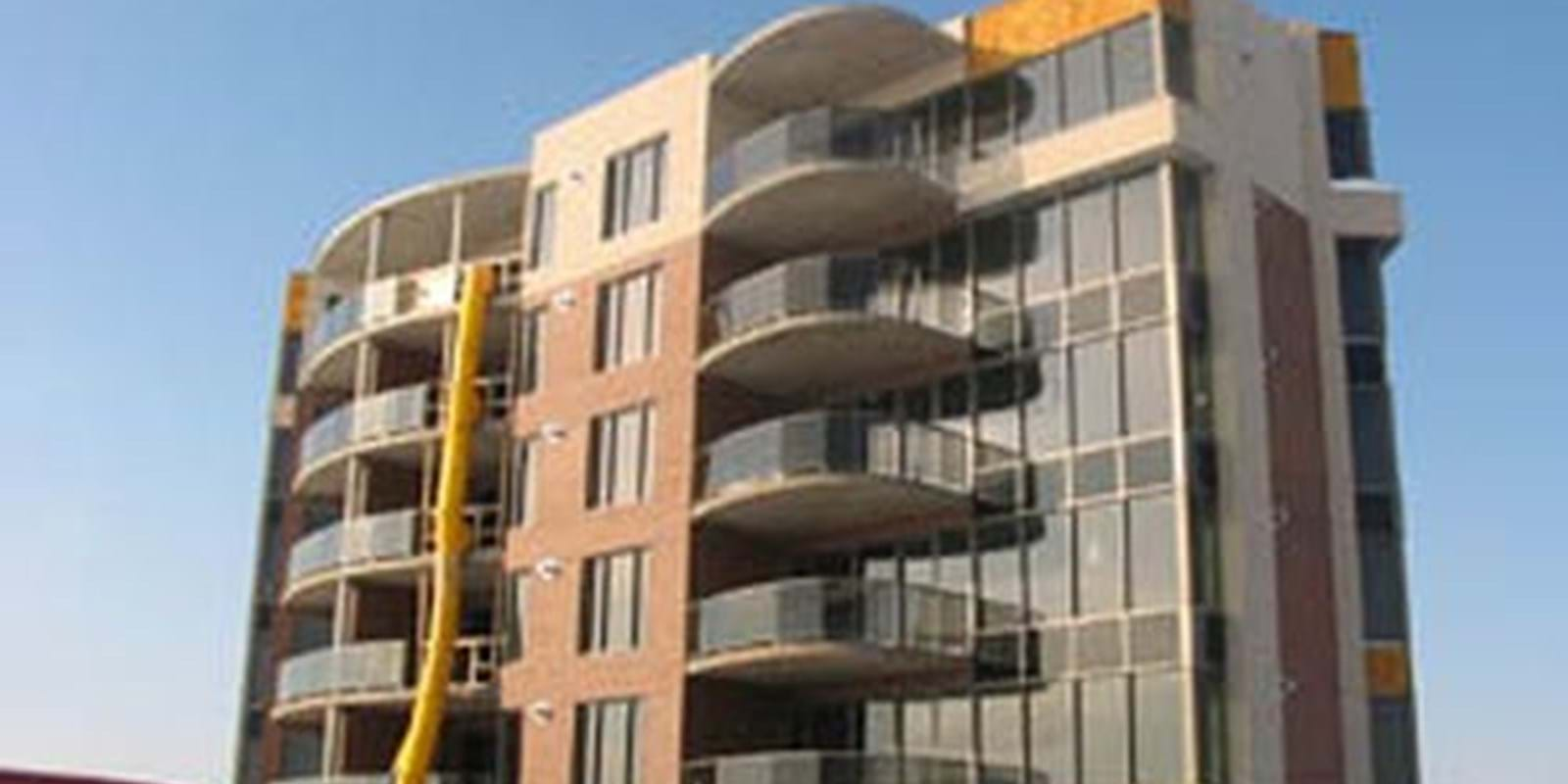Home affordability in Quebec continued to improve in the second quarter, helping the housing market get back on track in the province, according to the latest housing report released by RBC Economics.
"Greater affordability has opened the door more fully to buyers, who have sprung into action," noted Robert Hogue, senior economist at RBC. "Sales of existing homes in Quebec have rebounded strongly, rising by more than 40 per cent from the cyclical low reached mid-winter, with improved market sentiment helping prices rise."
The RBC Affordability measure for Quebec, which captures the proportion of pre-tax household income needed to service the costs of owning a home, improved across all four housing classes once more in the second quarter of 2009. Affordability of the benchmark detached bungalow moved down to 32.4 per cent, the standard townhouse down to 27.7 per cent, the standard condo down to 27.2 per cent and the standard two-storey home down to 38.7 per cent.
In the Montreal area, housing market activity appears to be in top gear again, with a resurgence in resales since the spring. RBC's Affordability measures decreased by 3.3 to 5.1 percentage points year-over-year in the second quarter, depending on the housing type. However, the levels of these measures still stood above long-term averages.
"Montreal's year-long improvement in affordability has been more muted in comparison to most other areas," explained Hogue. "With tighter market conditions firming prices again and hefty declines in mortgage rates a thing of the past, affordability is unlikely to be restored that much more."
RBC's Affordability measure for a detached bungalow for Canada's largest cities is as follows: Vancouver 63.4 per cent, Toronto 46.5 per cent, Ottawa 38.6 per cent, Montreal 37.3 per cent and Calgary 35.7 per cent.
The report also looked at mortgage carrying costs relative to incomes for a broader sampling of cities across the country, including Montreal and Quebec City. For these cities, RBC has used a narrower measure of housing affordability that only takes mortgage payments relative to income into account.
The Housing Affordability measure, which RBC has compiled since 1985, is based on the costs of owning a detached bungalow. Alternative housing types are also presented including a standard two-storey home, a standard townhouse and a standard condo. The higher the reading, the more costly it is to afford a home. For example, an Affordability reading of 50 per cent means that homeownership costs, including mortgage payments, utilities and property taxes, take up 50 per cent of a typical household's monthly pre-tax income.
Highlights from across Canada:
- British Columbia: In the second quarter, housing affordability in B.C. eased once again, further extending the downward trend since the start of 2008, although homeownership costs are still significantly above long-term levels. Sales of existing homes surged by more than 125 per cent from their cyclical trough early this year. Market conditions have tightened and there has been some firming of prices.
- Alberta: The biggest cumulative drop in the history of RBC Affordability measures in Alberta deepened further in the second quarter, falling to levels not seen since before the housing boom. Existing home sales soared by more than 60 per cent between April and July, fully reversing last year's slide. Tightening market conditions should set the stage for some property value appreciation in the near future.
- Saskatchewan: Affordability has improved considerably in Saskatchewan since early last year, but homeownership costs remain above long-term averages. Regardless, sales of existing homes rebounded smartly, rising by more than 50 per cent since their lows in March. If this trend is sustained, property prices can be expected to eventually heat up as well.
- Manitoba: The notable easing of homeownership costs in the past year has fully repaired affordability in Manitoba, compared to historical averages. Resale activity ramped up during spring and summer and property prices generally maintained their steady upward trend, supported by relatively tight market conditions.
- Ontario: Solid improvements in affordability in Ontario have supported a strong upturn in the market in recent months. All Affordability measures are now below historic averages, indicating that homeownership costs are at attractive levels in the province. The general tone of the market is generally positive, but local demand continues to be held back by the tough economic prospects many communities in Ontario continue to face.
- Atlantic Canada: Rebounding from a relatively restrained downturn, housing affordability in Atlantic Canada continues to improve, albeit at a more moderate pace than elsewhere in the country. Affordability measures have declined noticeably since early last year and now stand below long-term averages. Sales of existing homes climbed by more than 18 per cent since January and property values increased modestly. Overall, Atlantic Canada is enjoying relatively attractive affordability levels, which should support housing activity in the period ahead.
The full RBC Housing Affordability report is available online. EDT today at www.rbc.com/economics/market/pdf/house.pdf

